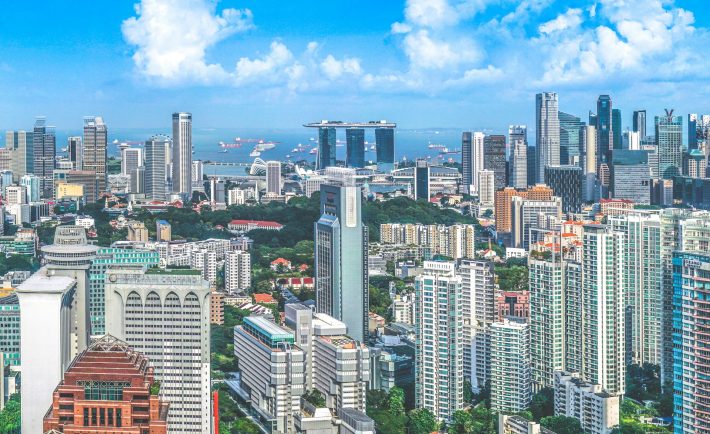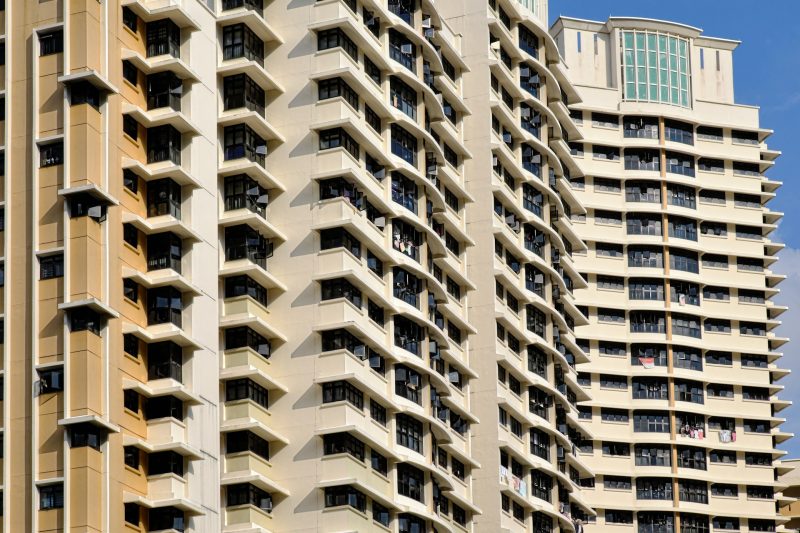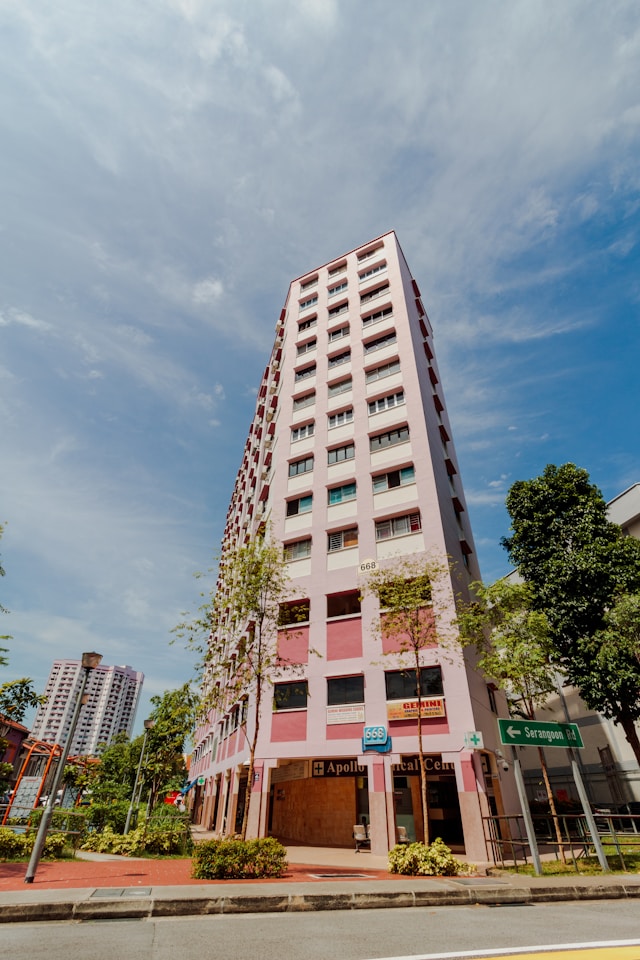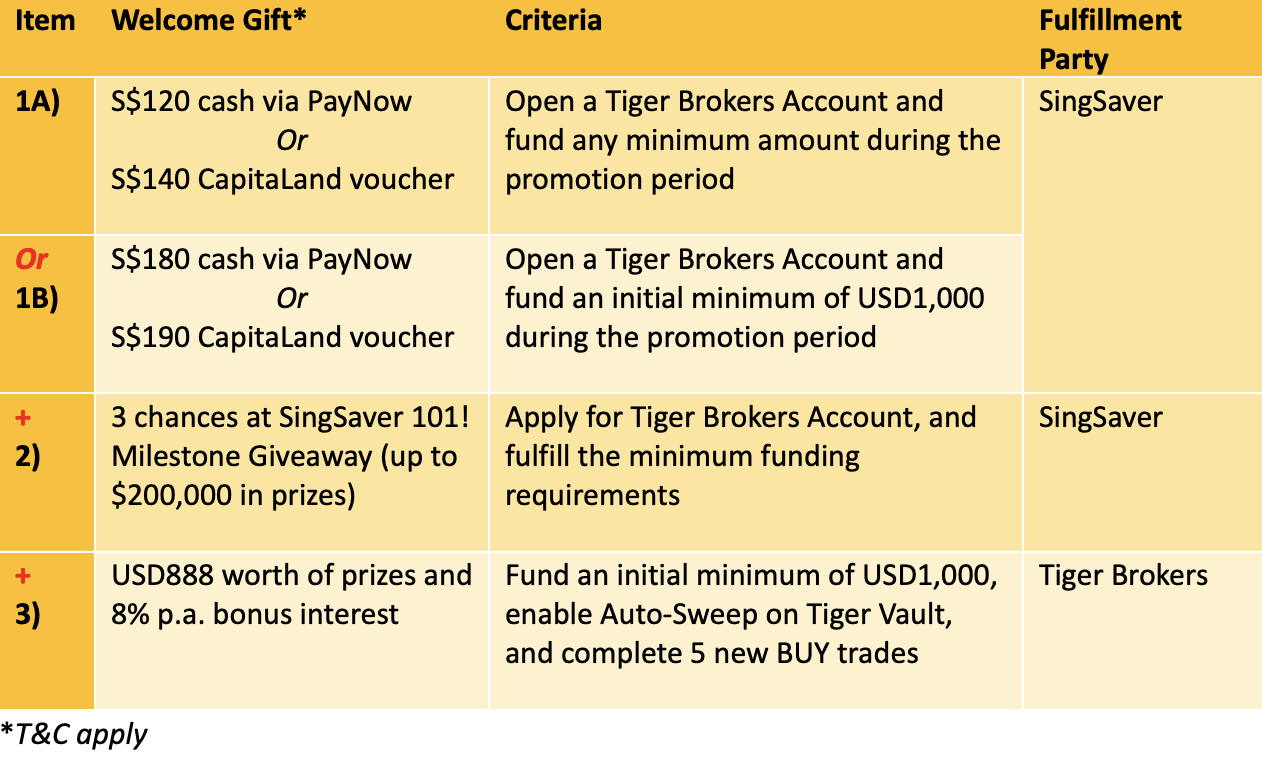With skyrocketing property prices and evolving lifestyles, more Singaporeans are finding renting to be a practical and often better choice. Here’s why renting is becoming the new home ownership in the Lion City.
FLEXIBILITY AND MOBILITY
Renting offers the freedom to move easily, whether for job opportunities, lifestyle changes, or personal preferences.
For instance, my friend, a marketing executive, recently secured a job in a different part of the city. As a renter, she could effortlessly relocate closer to her new workplace in Raffles Place, avoiding the hassle and cost of selling a property. This move significantly reduced her commute, giving her more time for herself and the things she cares about.
FINANCIAL CONSIDERATIONS
Owning a home in Singapore requires substantial financial commitments, from hefty down payments to long-term mortgage repayments. According to the PropertyGuru Singapore Consumer Sentiment Study H2 2022, younger Singaporeans (aged 22 to 29) are increasingly turning to renting due to insufficient savings for property purchases. This is not surprising, given that young, unmarried Singaporeans face restrictions in the HDB market. These restrictions include the need to apply as a couple or family unit, or wait until they turn 35.
Property costs can be overwhelming, but renting allows for better cash flow management. Without the need for a large initial payout, individuals can invest in their businesses, save more, or enjoy experiences that enhance their lives.
DEPRECIATION AND MAINTENANCE COSTS AVOIDANCE
Owning property involves more than just the purchase price. Maintenance, repairs, and renovations can accumulate costs over time. Moreover, property values may depreciate.
On the other hand, renters are free from these additional expenses since landlords usually handle property upkeep. This leads to significant savings and less financial stress.
ACCESS TO PRIME LOCATIONS
Renting can provide access to prime locations that might be unaffordable or unavailable to buy. Living close to the city center, with its vibrant lifestyle and convenient amenities, often comes with a high price tag for buyers. Renters, however, can enjoy these benefits without the long-term financial burden of a mortgage.
LIFESTYLE CHOICES
For many young professionals and expatriates, renting suits their lifestyle better. The flexibility to move closer to work, live in trendy neighborhoods, or enjoy various amenities often outweighs the traditional desire for home ownership. Renting supports a lifestyle that values convenience over long-term financial commitments.
For instance, my cousins, who are avid travelers, leave home once or twice a month. They can easily spend a month exploring Europe since they aren’t tied down by home ownership and its maintenance.
MARKET VOLATILITY
The property market in Singapore can be unpredictable, influenced by economic conditions, government policies, and global events. Renting provides a cushion against market volatility, as renters are not directly affected by property value fluctuations. This stability is particularly appealing in uncertain economic times.
IN A NUTSHELL
While home ownership has long been seen as a cornerstone of financial security, the trend in Singapore is shifting. Renting is increasingly recognized as a practical, flexible, and financially sound alternative.
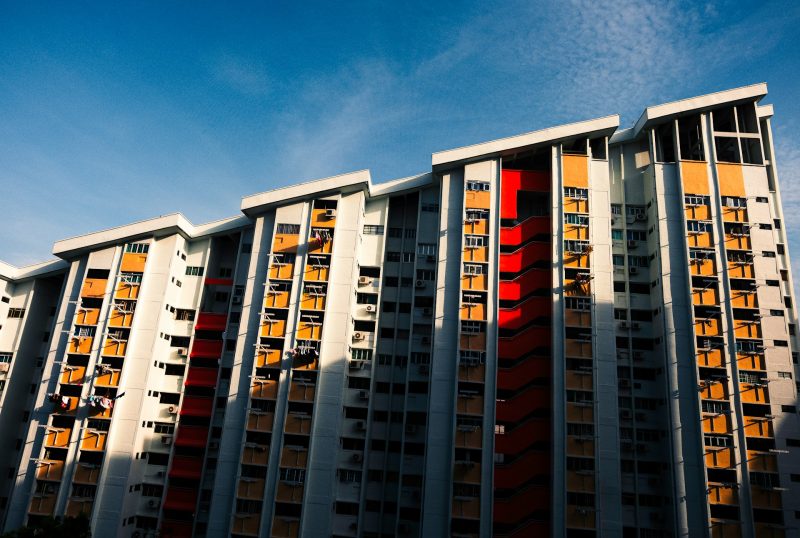
Image Credits: unsplash.com
As the saying goes, home is where the heart is – and for many, that heart is happier and freer in a rented space.

